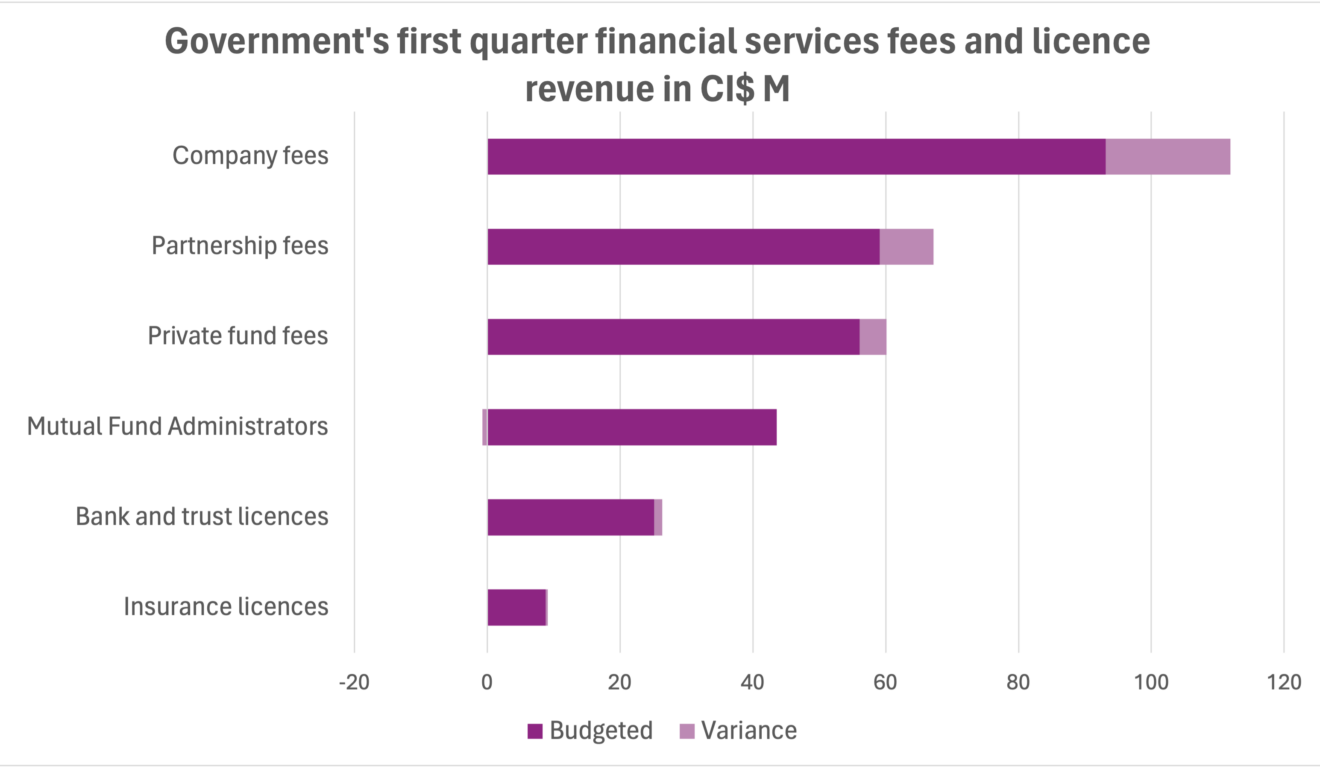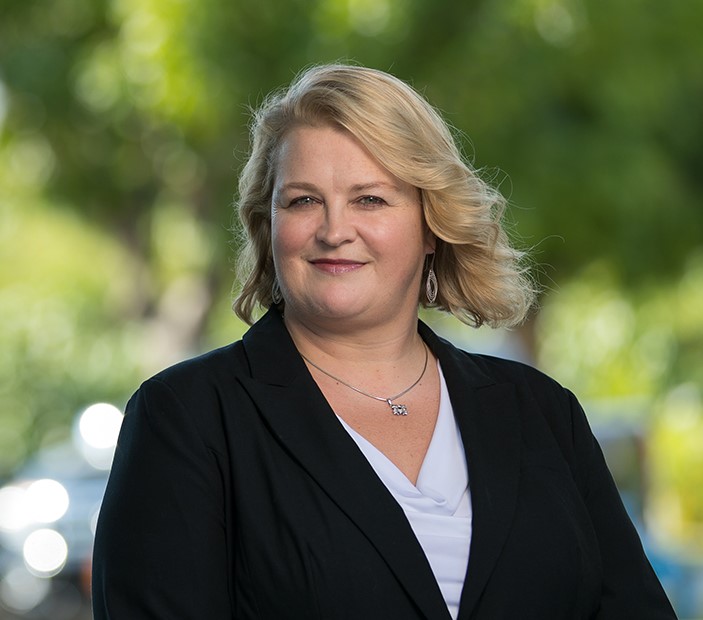
According to the International Air Transport Association (IATA)[1], 2023 was “a year when air transportation very nearly returned to its pre-pandemic pace of activity, and a year of renewed financial profitability for the industry. In many ways, 2023 is likely to be a local sweet spot for the industry, as the same pace of growth and financial recovery is unlikely to be matched in 2024 and beyond.”
This speaks to the resiliency of the aviation industry, while acknowledging that this is a period of transition. At the time of writing, the Federal Aviation Administration (FAA) has taken the extraordinary step to freeze increases in Boeing’s production of the 737 Max 9 aircraft[2], amid safety concerns, which will undoubtedly add to the uncertainty and further constrain aircraft supply with the industry already grappling with supply shortages.
Nevertheless, at the start of the new year in this post-pandemic landscape, many of us are focusing on planning for the year to come. In a macro-environment of interest rate pressures, a strong dollar and inflationary concerns, we highlight below some key trends that we are seeing in aircraft financing and leasing from the Cayman Islands and Irish perspectives. We expect many of these trends to continue for 2024.
Continued investment from investment funds
Investment management firms continue to provide a valuable source of funding to the industry. Private equity firms hold significant amounts of cash and are looking for investment opportunities. At the same time, there is increased demand for aircraft assets and a trend of retraction by commercial lenders. We are seeing a number of private equity investors that are coming fresh to aviation; these newer entrants are particularly focusing on mid to end of life aircraft and aircraft engines as the assets with most potential.
With significantly more flexibility in terms of investment strategies and having capital to deploy, private equity funds continue to look to Cayman Islands and Irish entities as the platform of choice for their structuring needs.
The use of Cayman Islands exempted incorporated (Caycos), Irish tax resident TopCos with down-stream Irish-incorporated and tax-resident aircraft-owning entities (AOEs) offers manifold advantages, with both Cayman and Ireland being politically stable jurisdictions with well-established and tested legal systems based on English common law principles. Other key advantageous features are Ireland’s favourable domestic tax environment and extensive double-tax treaty network.
Caycos
Caycos are highly flexible, making them a popular choice for use in fund formation, structured finance, asset finance and leasing transactions.
Aside from maintaining a registered office and certain registers in the Cayman Islands, the ongoing statutory requirements under Cayman Islands law applicable to Caycos are simple and cost-effective and allow them to, among other things:
- financially assist the acquisition of their own shares (provided the directors ensure that the transaction is in the best interests of the company and is carried out for proper purposes);
- migrate out of the Cayman Islands into any other jurisdiction that allows migration inwards;
- merge with a company from any other jurisdiction that allows mergers without needing to be the surviving entity;
- take advantage of a creditor-friendly insolvency regime, including express provisions for the recognition of non-petition covenants to prevent a bankruptcy-remote SPV being put into liquidation by an aggrieved party, as well as express recognition of the ability of a secured party to enforce their security interest outside of any liquidation and no form of bankruptcy moratorium or stay on enforcement of a security interest;
- appoint auditors located anywhere and adopt IFRS, US GAAP or any other appropriate accounting standard;
- dispense with annual general meetings and generally, the need for directors or officers to be resident in or meet in the Cayman Islands;
- dispense with the need to prepare or file audited annual accounts or financial statements;
- use share premium to fund dividends, share repurchases and share redemptions; and
- maintain the share register and minute books outside of the Cayman Islands.
Ireland’s tax environment
For aircraft lessors looking to use Irish structures, Ireland offers two beneficial regimes:
- Trading Company AOEs – subject to 12.5% corporation tax (substance requirements).
- Section 110 regime – a tax neutral SPV which can benefit from tax deductions for financing expenses and depreciation.
Ireland additionally provides the below features that are attractive to leasing companies / investors:
- Straight line depreciation of 12.5% per annum
over eight years; - Generally, 0% VAT on international aviation leasing; and
- No stamp duty or transfer taxes on disposal of aircraft assets.
Less reliance on asset-backed securitisations
Asset-backed securitisations (ABS) provided a valuable source of funding within the industry in the years leading up to the pandemic. These transactions were largely structured using Cayman Islands issuers and US co-issuers with Irish AOEs. The pandemic and the fall-out from the Russian invasion of Ukraine, along with other factors such as higher interest rates and wider spreads effectively shut this avenue down. While there has been some access to capital markets solutions (a limited number of private placements and aviation collateralised loan obligation (CLO) transactions) and some return by commercial lenders, this has been far from sufficient to bridge the funding gap left by a closed ABS market. Airlines and lessors have had to look to other avenues, which has opened opportunities for non-traditional sources of finance (see below).
The return of the ABS capital markets has been tentatively touted for a number of quarters but has not materialised to any meaningful extent to date. We see no immediate return of that market, but there are some positive indicators. A significant constraint on ABS demand had been the growing disjunction between interest rates and lease rates. As interest rates ticked upwards, there would be an inevitable lag before those fed into lease rates (given the long-term nature of aircraft leases). Lease rates are rising and spreads narrowing, meaning the gap will close, which may spur a limited market return this year, perhaps initially for more esoteric classes such as freighters and engines. The fact remains, however, that with access to multiple alternative sources of funding at attractive rates with perhaps fewer constraints than the traditional ABS structure, for now, ABS remain a largely untapped avenue of capital for the industry.
Growth of alternative lenders
Given the gap created by a closed ABS market and commercial lending restrictions, we have seen increased space for alternative lenders (such as volofin and Castlelake) to broaden their presence and importance in the market. There is also increasing use of transaction structures that allow aviation participants to access the capital markets in other ways (such as the Azul securitisation, which was an innovative transaction that included an exchange offer and new notes issuance supported by two separate shared collateral packages, and through an increasing number of unsecured public notes offerings by the larger lessors). This sector is increasing in size and importance, and we expect more activity in this space during 2024.
Surge in PDP financing
During 2023, we saw a surge in transaction participants utilising pre-delivery payment (PDP) financing, with newer players using PDP structures as their entry point into the industry. These structures often see utilisation of Cayman Islands or Irish special purpose vehicles (particularly those structured as orphan entities) which adds benefits in terms of bankruptcy remoteness given the clawback risk that can otherwise arise in an insolvency scenario. We continue to see a significant number of PDP transactions and investor interest in these structures.
A return to supported financing transactions
Export credit agency (ECA)-supported financing has started making a comeback. The ECAs will likely be needed in the coming years to bridge any funding gaps, although the sentiment remains that the ECAs are lenders of last resort given a perceived lack of flexibility in their transaction structures and documentation.
Strong demand for aviation CSX listings
In 2023, there was a further increase in aviation transactions with requirements for listing notes and other securities on the Cayman Islands Stock Exchange (CSX). Even where the issuer vehicles are not incorporated in the Cayman Islands, many of them are taking advantage of the flexible and user-friendly listing regime of the CSX to list the notes and other securities. The process is speedy and cost-efficient as compared with other international exchanges.
Use of Cayman Islands Aircraft Register for temporary registration of aircraft
During 2023, there was strong interest from transaction participants in the temporary registration of aircraft on the aircraft register maintained by the Civil Aviation Authority of the Cayman Islands (CAACI). The CAACI facilitates temporary registration of aircraft between leases or for remarketing or repossession reasons until the aircraft can be transitioned to the next phase of its useful life, whether sale, lease, remarketing or otherwise.
Continued lessor M&A activity
One of the key trends in aircraft leasing that emerged during and after the pandemic was an upsurge in merger and acquisition activity within the industry. The most noteworthy was AerCaps’s acquisition of GECAS in 2021. This has been followed by a number of other significant transactions, including the SMBC Aviation Capital / Goshawk and the Carlyle Aviation Partners / AMCK consolidations, Aergo’s acquisition of Seraph Aviation, and AviLease’s acquisition of Standard Chartered’s aircraft leasing business, among others. Driven by several factors, including aircraft under-supply issues and a desire to increase market share to maximise efficiencies, some lessors have focussed on M&A opportunities as a means of increasing scale quickly and we expect further activity in this area during 2024.
1 International Air Transport Association (IATA) December 2023 report
2 Reuters, 24 January 2024

Shari Howell is a partner in Maples and Calder’s Finance team in the Cayman Islands.

Mary O’Neill is a partner in Maples and Calder’s Asset Finance team in the Maples Group’s Dublin office.


